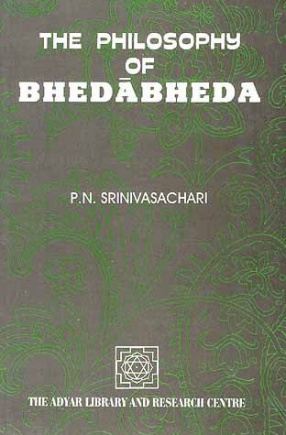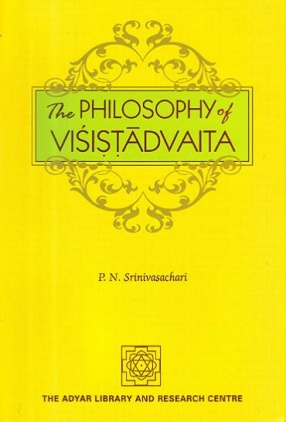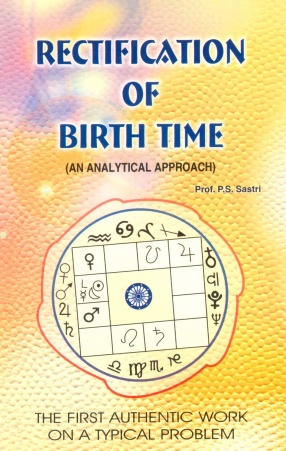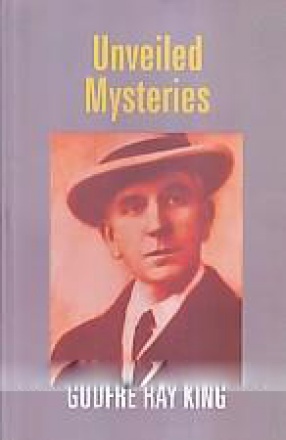This book is an amplification of the Honorary Reader-ship Lectures on ‘The Philosophy of Bhaskara’ delivered by me under the auspices of the University of Madras. The philosophy of Bhedabheda claims, like all other Vedantic schools, the authority of immemorial tradition; but it has become a forgotten chapter in the history of Vedantic thought. Bhedabheda exhibits two distinct types represented mainly by the systems of Bhaskara and Yadavaprakasa. It is midway, logically and chronologically, between the Advaita of Samkara and the Visistadvaita of Ramanuja. It is not in line with the accepted expositions of Vedanta and is rejected mainly on the ground that it is a system built on the self-contradiction of bheda and abheda. The philosophy of identity-in-difference has, however, a strange fascination for certain temperaments interested in the meeting of the extremes of monism and pluralism.
The book is divided into two portions. The first sets out the metaphysical, moral and mystical implications of the Bhedabheda of Bhaskara. The first part of the second portion presents the Vedanta of Yadavaprakasa and certain allied schools. Bhaskara’s Commentary on the Brahma-sutra-s is published in the Chowkhamba Sanskrit Series, Benares; but no extant edition of Yadavaprakasa’s commentary is available. The drift of his teaching is, however, gathered from the criticisms levelled against it by the expositors of other systems like Ramanuja and Vedanta Desika. In the second part, a critical estimate of Bhedabheda is attempted and this is followed by a comparison of this school of Vedanta with similar lines of thought in the West. The concluding chapter indicates the direction in which the varieties of Vedantic thought may benefit by mutual and sympathetic criticism and thus supplement the method of Siddhanta by a synthetic insight into the fundamental features of the philosophic thought enshrined in the Upanisad-s. It will be observed that, in summarizing the philosophies considered in the course of the work, I have tried to adopt the language of their authors.
My grateful thanks are due to my esteemed friends and fellow-students who have encouraged me in the publication of this book. I am indebted to Pandit Kumaravadi Srinivasachariar who helped me to go through the Bhasya of Bhaskara. I owe a deep debt of gratitude to Mahamahopadhyaya Prof. S. Kuppuswami Sastrigal for kindly reading the book in its proof stage and making valuable suggestions. Prof. M. Hiriyanna and S. Vasudevachariar rendered great help to me by pointing out errors and suggesting improvements. I have been profited by discussions with S. Gopalaswami Aiyanagar on the philosophical relationship between Visistadvaita and Bhedabheda.






There are no reviews yet.